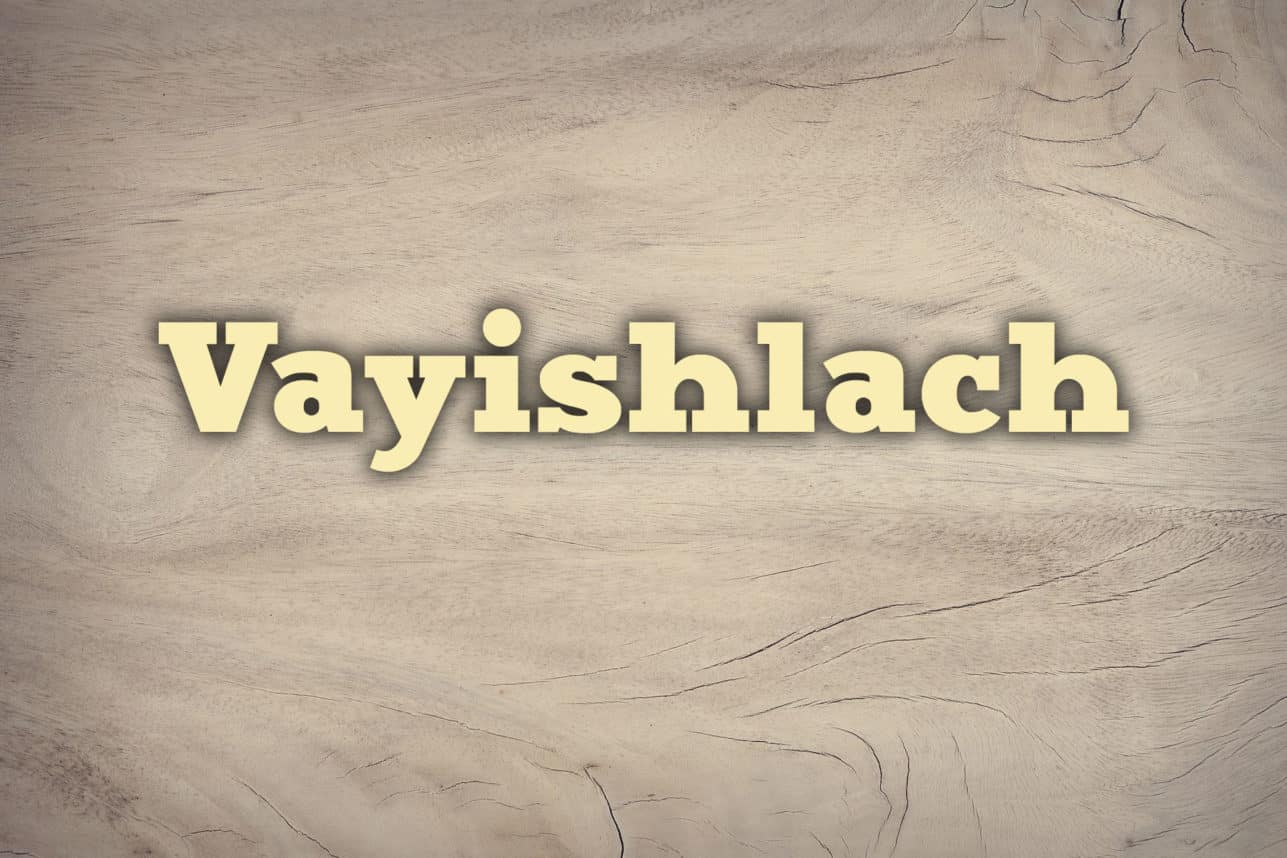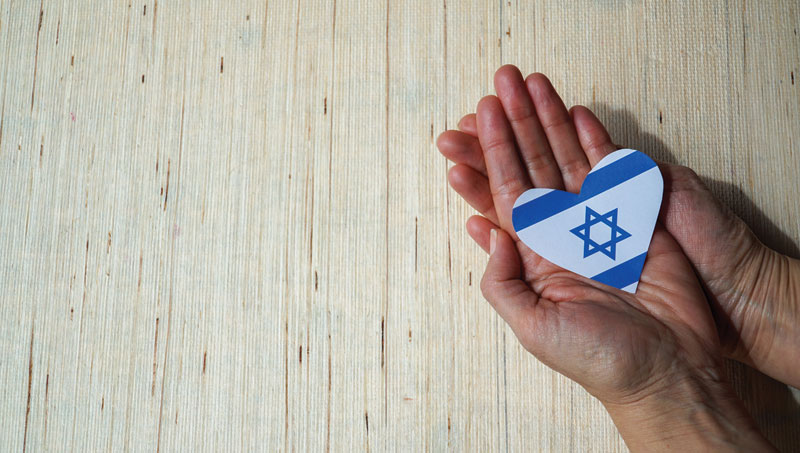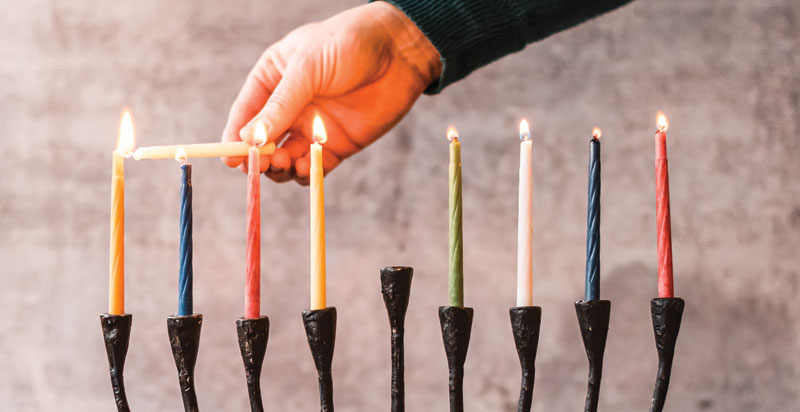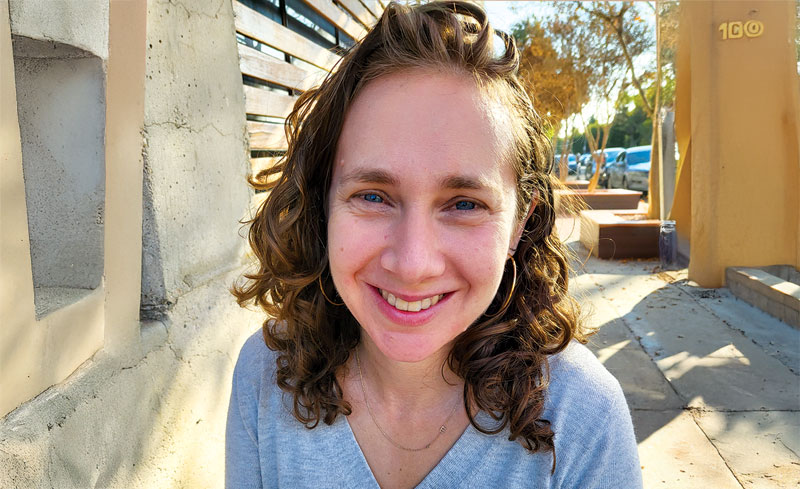Most of us do a pretty good job of keeping score. We know how to tally the insults, gossip, infidelities, meanness, foolishness and anger of the past year. We know where we went wrong. We know how to be honest and even tough on ourselves. Like the cartoonist Jules Feiffer’s character who says, “I grew up to have my father’s looks, my father’s speech patterns, my father’s posture, my father’s opinions, and my mother’s contempt for my father.”
We might not be very good at changing, but we know what we should change. Shabbat Shuvah usually serves more as a reminder of what we already know about our lives than as a wake-up call to something we have yet to discover — unless there is an entire category of sin, a world of transgression and failure that each of us is guilty of but never considered. What then? What if every one of us has committed a list of a thousand sins we never knew would be counted against us?
There is such a list for each of us, a universe of sin that most of us never think about but that, according to our tradition, gets counted against us. “A person will be called to account on judgment day,” says the Talmud, “for every permissible thing that he or she might have enjoyed but did not.”
Imagine for a moment how drastically our moral score card has to change if we tally the sin of not enjoying ourselves when we could have. Imagine that God counts against us every time we could have danced, had dessert, popped the cork, popped the question, splashed and played, slept in and snuggled under the covers. Imagine not enjoying ourselves being a sin.
Isn’t that the point of the Yom Kippur Torah portion when God says: “I have put before you life and death, blessing and curse. U’vacharta B’chaim, Choose life!” Isn’t that what God wants of us — to choose life, to really live?
Consider the old joke about the rabbinical student who approaches the head of his yeshiva one day and says, “I am ready to be ordained as a rabbi.”
“Why do you suppose you are ready?” asks the master.
“Because I have trained myself to withstand the sting of 20 lashes against my back,” the student replies. “I have learned to sleep out in the field without shelter and to survive by eating only grass.”
“See yonder ass?” the master said, pointing to a donkey beneath a nearby tree. “It too can withstand 20 lashes, live in the field and eat only grass. So far, you are qualified to be an ass, not a rabbi.”
Judaism isn’t about depriving ourselves of what God wants us to be and to do. Don’t get me wrong: To choose life is not only to choose permissible pleasures but to choose meaning. Is Friday night just another night, or is it Shabbat around a table filled with the people we love, good bread, candles and wine? Is our search for a meaningful life the shallow, faux wisdom, the quick and foolish answers of a Depak Chopra or kabbalah gone wrong — taking our money and promising “bliss” in seven steps or two seminars? Or do we seek meaning through real searching, in a real synagogue with a real community of Jews. Real Torah study. Real discipline. Real learning. Real tzedakah. Real prayer.
In a few days, we will read from our prayer books and literally ask God to “open our prison and release us from the shackles of habit.” One way or another, we’re all locked into a grind, a routine, a harshness, a silence. One way or another, each of us is alive without living, passive, life projected upon us, as if we were the screen, not the movie.
So if we say al cheit shechatanu for gossip, let us say it too for not spending enough time laughing and talking with our friends.
If an al cheit for chasing after material possessions, then an al cheit for thinking we are unworthy of owning nice things.
If an al cheit for overindulging ourselves and our children, then an al cheit for taking care of ourselves so well that we never have dessert.
If an al cheit for foolishness, then an al cheit for not going a little crazy now and then.
This year, choose life. Every fleeting day, choose not just to be alive, but to live!
Steven Z. Leder is a rabbi at Wilshire Boulevard Temple.






















 More news and opinions than at a Shabbat dinner, right in your inbox.
More news and opinions than at a Shabbat dinner, right in your inbox.